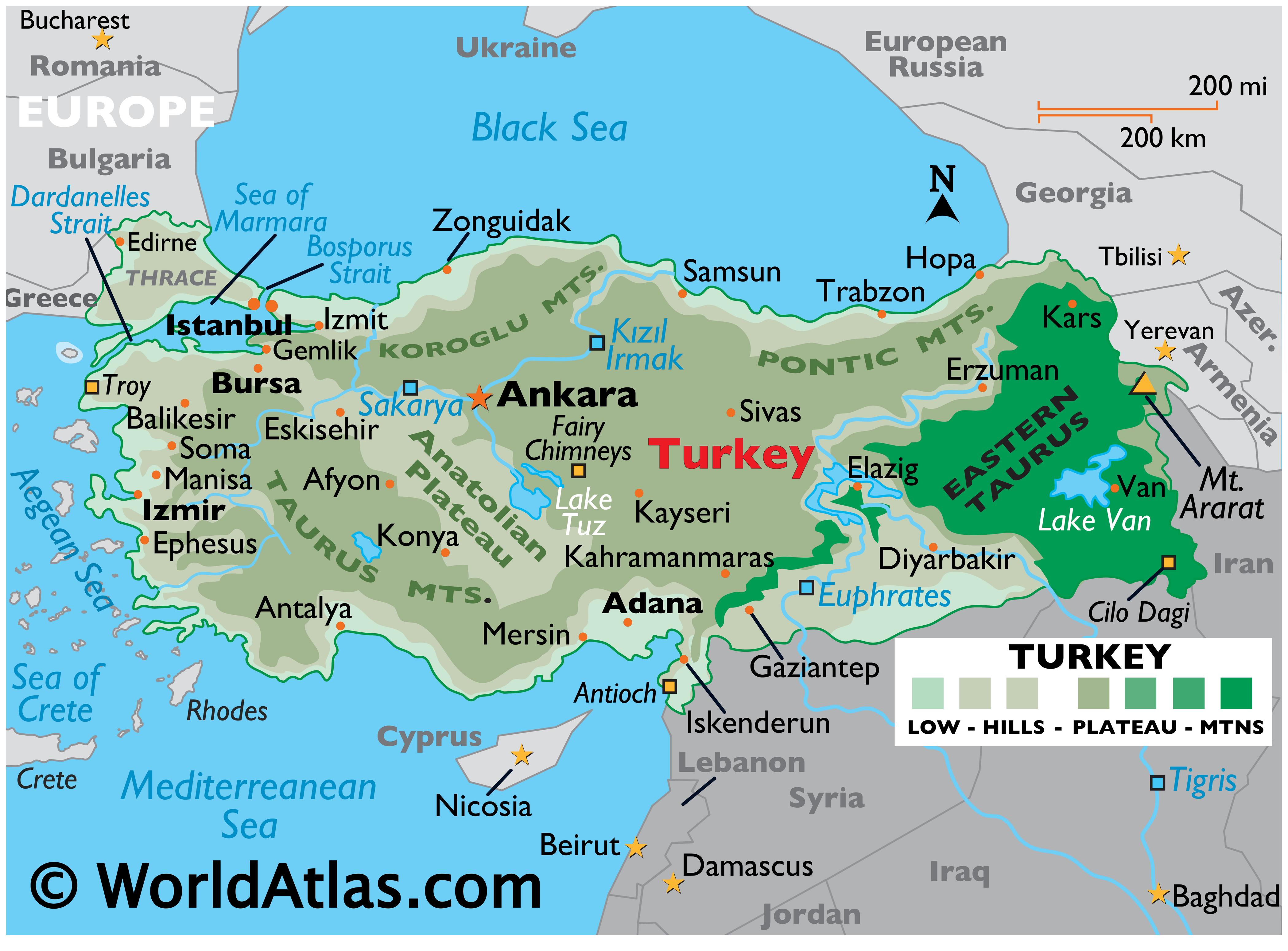Context
-
Recently, the Turkey’s controversial exit from Istanbul Convention on Violence against Women has received severe criticism from various quarters and has led to protests across the country.
Key Details
-
The officials of Turkey’s nationalist party claimed that the convention demeans traditional family structure, promotes divorces and encourages acceptance of LGBTQ in the society.
-
They argued that the Istanbul Convention, originally intended to promote women’s rights, was hijacked by a group of people attempting to normalize homosexuality.
-
Besides, the LGBT community uses the references in the treaty for demanding equal rights and broader acceptance in the society, which has caused a major worry for the Turkish conservative government.
How serious is the problem of violence against women in Turkey?
- Violence against women and honour killings are persistent in Turkey. The country ranks 133 out of 156 countries in the Global Gender Gap report 2021.
- According to UN women data, 38 per cent of women in Turkey face violence from a partner in their lifetime.
- The Turkish government does not maintain any official records on femicides.
- A report by KAGIDER (Women Entrepreneurs Association of Turkey) states that violence against women and femicides were s concerningly high even before Turkey ditched the convention.
- However, people are concerned that now even basic rights and protections of the Turkish women will come under threat.
Back to Basics
About Istanbul Convention on Violence against Women
- It was established by the Council of Europe.
- It is a human rights treaty, with the aim to prevent and prosecute all forms of violence against women,.
- It aims to promote gender equality and ensure protection and rehabilitation of women who are victims of violence.
- It was opened for ratification in 2011 and Turkey became the first country to ratify the Istanbul convention after 34 countries signed this treaty.
- In 2011, the treaty’s original signatories were Austria, Finland, France, Germany, Greece, Iceland, Luxembourg, Montenegro, Portugal, Slovakia, Sweden, and Turkey.
- It has been signed by all EU Member States.

Objectives of Istanbul Convention on Violence against Women
- The state has a responsibility to prevent all forms of violence against women, protect those who experience it and prosecute perpetrators.
- The state must promote equality between women and men and prevent violence against women by encouraging mutual respect or non-violent conflict resolution.
- The state must investigate allegations of violence and prosecute perpetrators.
- The state must ensure that victims can claim compensation from the offender and must award adequate compensation itself if it cannot be covered from other sources.
-
The state must ensure a coordinated approach among all relevant agencies, civil society organisations and other stakeholders to support those who experience violence.
International Relations Current Affairs for UPSC 2021 : Click here
